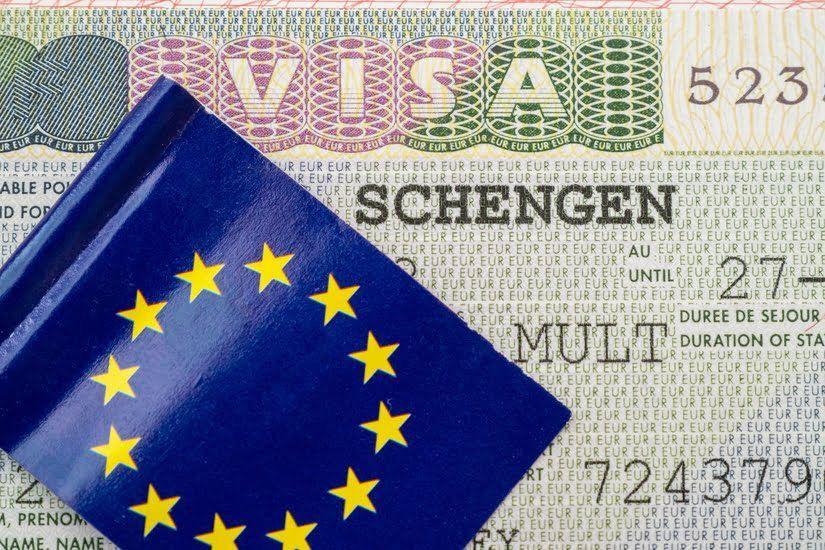Good news for Indians willing to explore and study in Europe, European Union (EU) now has newly updated its visa regulations, ultimately benefiting Indian nationals. This new system is known as the "cascade" regime.
Travel to Europe made easy! ✈️
⁰🇪🇺 takes another step towards enhancing people-to-people contact with 🇮🇳.⁰New #Schengen #visa regime gives 🇮🇳 frequent travellers access to multi-year visa (up to 5 y.) Europe delivers on the partnership!
Know More 👉 https://t.co/6EzlUF8jrR pic.twitter.com/ELhZdCfI83— Hervé Delphin (@EUAmbIndia) April 22, 2024
The 'Cascade' system, as it's termed, is designed to reward frequent travellers with progressively longer visa durations. It begins with a two-year visa, and upon successful use, travellers can potentially qualify for a five-year visa.
Frequent travellers with a clean travel history can get a long-term, multi-entry Schengen visa for two years if their passport allows, by using two visas legally within three years. It just simplifies travel planning within Europe.
Upon successfully using the two-year visa, travellers can typically anticipate receiving a five-year Schengen visa, as long as their passport has adequate remaining validity.

While holding a valid two-year or five-year visa, one will enjoy the freedom to travel within the Schengen area for short stays, similar to visa-free nationals, a significant enhancement from potentially shorter validity visas in the past.
While the visas don't allow working in the Schengen area, they do permit travel to countries outside the Schengen zone, offering seamless travel to various destinations during the visa's validity period.
What is a Schengen visa?
Typically, Schengen means short span, so, Schengen visa is a type of entry permit that allows the holder to visit any of the countries that are part of the Schengen area for a short period of time.
The Schengen area is a big part of Europe, including 29 countries. It has 25 EU countries like Belgium, Bulgaria, Croatia, the Czech Republic, Denmark, Germany, Estonia, Greece, Spain, France, Italy, Latvia, Lithuania, Luxembourg, Hungary, Malta, the Netherlands, Austria, Poland, Portugal, Romania, Slovenia, Slovakia, Finland, and Sweden. It also has four non-EU countries like Iceland, Liechtenstein, Norway, and Switzerland.
In the Schengen area, people can travel between these countries without showing their passport, making it easy to explore different cultures.

The Schengen visa grants holders the ability to travel freely within designated European countries for short stays, typically up to 90 days within a 180-day period, totaling 180 days per year and 900 days over five years, though not necessarily consecutively. It can be issued as either single-entry or multiple-entry, enabling one or multiple visits within its validity period.
Overall, This decision, made on April 18, is part of the EU-India Common Agenda on Migration and Mobility, aiming to strengthen ties between the EU and India by promoting more interaction between their people. This includes collaborating on migration policies.
These rules are more favourable than the previous ones and aim to make it easier for Indian travellers with a history of travel to obtain visas with longer validity periods. The longer validity of these visas makes it easier for students to travel within the Schengen zone for academic purposes, cultural exploration, or short internships during their studies.
Ⓒ Copyright 2024. All Rights Reserved Powered by Vygr Media.




















